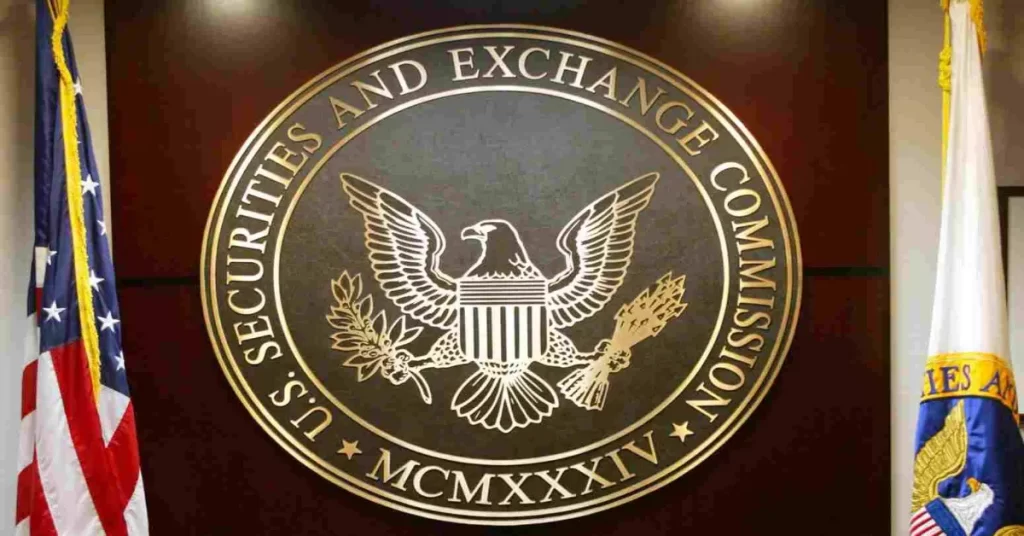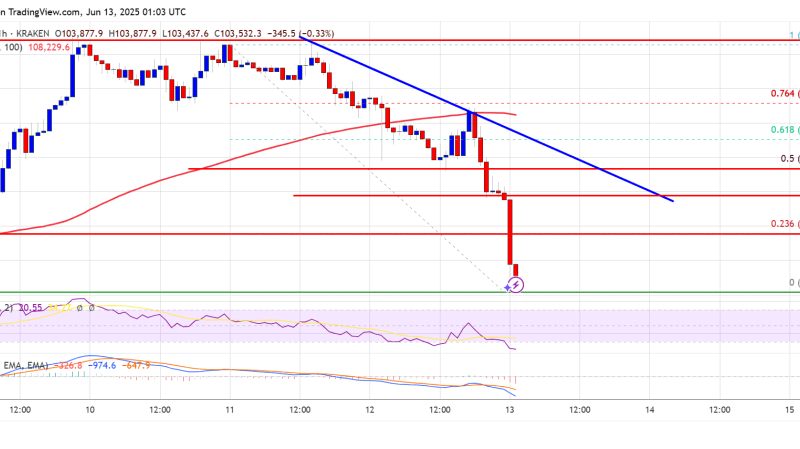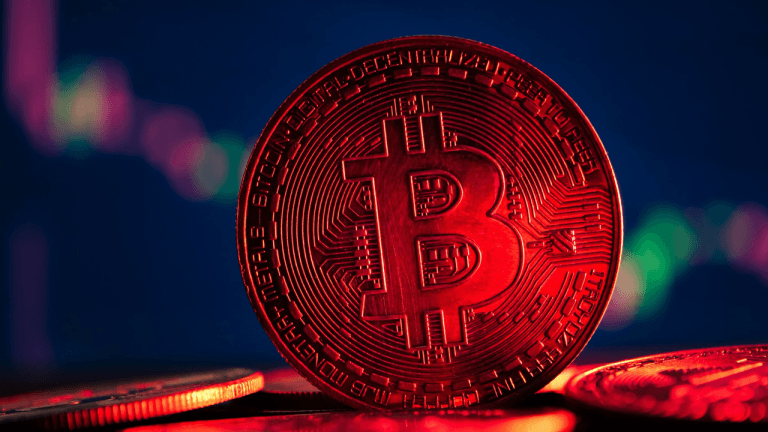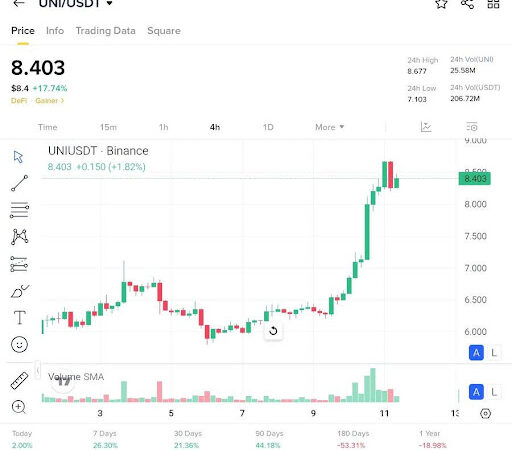How SEC Regulations May Change Crypto Market!


The post How SEC Regulations May Change Crypto Market! appeared first on Coinpedia – Fintech & Cryptocurreny News Media| Crypto Guide
One day, crypto investors and traders might wake up in the new regulatory landscape governing the market. This would probably change the course of this business, especially concerning security and tax measures. With the initiatives released by the Security and Exchange Commission this year, industry experts and observers believe that the change is coming soon. It is only apt for the participants to watch out for these updates because it might affect how they conduct financial transactions in this new platform.
The SEC had once warned that cryptocurrencies could be treated as investment securities in light of the DAO report in 2017. If this is approved, crypto trading may be considered similar to security trades that are strictly regulated. So anyone who issues, sells, or trades these tokens may have to face investment laws. The way speculators see the matter, the entry of the Commission in the industry might change how the market works.
For all the stakeholders – crypto developers, investors, and traders – this new development, when materialized, would push them in adopting new rules and strategies. Most platforms like Binance and Immediate Edge would help their customers adapt via offering expert help. But since the current hints are still floating in the air, there’s still enough time for everyone to predict and prepare for what might happen in the future. In this regard, the following updates may be of great help for proper adjustment.
Exchanges May Register as Broker-Dealers
During the Senate hearing in September 2021, Gary Gensler, SEC Chairman, recommended that crypto exchanges should register as securities markets. He told the Banking Committee that under the present laws, crypto companies need to register with the Commission to the extent that there are securities on such trading platforms unless they qualify for an exemption.
As can be recalled, crypto exchanges have always been the subject of criticisms due to their lack of specific operational regulations. It allows the operators to generate profits without accountability to the government or customers. There are also exchanges that were accused of front running, wash trading, and freezing customer balances.
Nevertheless, many exchanges accept compliance as the cost of access to the U.S. market. Once registered with the SEC, they may have to record the trades and adopt systems to comply with auditing guidelines. Likewise, they may be forced to follow strict rules on order execution to prevent market manipulation.
New Crypto Tokens May Be Regulated
In recent years, many types of blockchain tokens have been introduced in the market, which is not surprising at all. The SEC has been directing its initiatives to the Initial Coin Offerings as the crypto market grows. On August 6, 2021, it announced its first enforcement action in the decentralized network targeting DeFi Money Market. Eventually, the company was forced to pay over $12 million in illegal gains and also a fine of $125,000 each.
Reportedly, security laws may soon be implemented over Non-fungible Tokens. As one SEC commissioner says, these investment platforms could cause trouble, especially when they start trading fractionalized shares of a token. Many of the new crypto projects today may be non-compliant with existing regulations due to the absence of a central operator, or the tokens represent something innocuous. Generally, they are all subject to securities laws as far as the tokens are sold as investments.
Stablecoins May Be Scrutinized Anew
Another possible concern of state regulators is stablecoins or those blockchain tokens whose value is pegged to the fiat currency like the dollar. Most of these tokens back their peg by holding large reserves of cash and other low-risk assets. There are also other variations that were accused of manipulating the market through the purchase of cryptocurrency for the prices to increase. For example, Tether was fined $41 million by the Commodity Futures Trading Commission for the improper representation of its reserves.
Most likely, stablecoins may also draw attention from the SEC since the agency considers exchanges as de facto securities brokers. It means that the majority of stablecoin traders are also doing securities transactions. At this point, the Commission has not yet launched litigation over the matter, but one regulator noted that they might be looking into the largest stablecoin.
Final Thoughts!
When new regulations are imposed in the crypto market, there are positive and negative implications for the stakeholders. It might improve the security protocols of the network and might also make things a little more difficult on the part of crypto operators. As a trader or investor, staying updated on the new trends and rules in the industry will always guide you in making wise decisions. Looking at it from a brighter perspective is key to understanding the nature of this business and the role of state regulators to protect greater interests.



